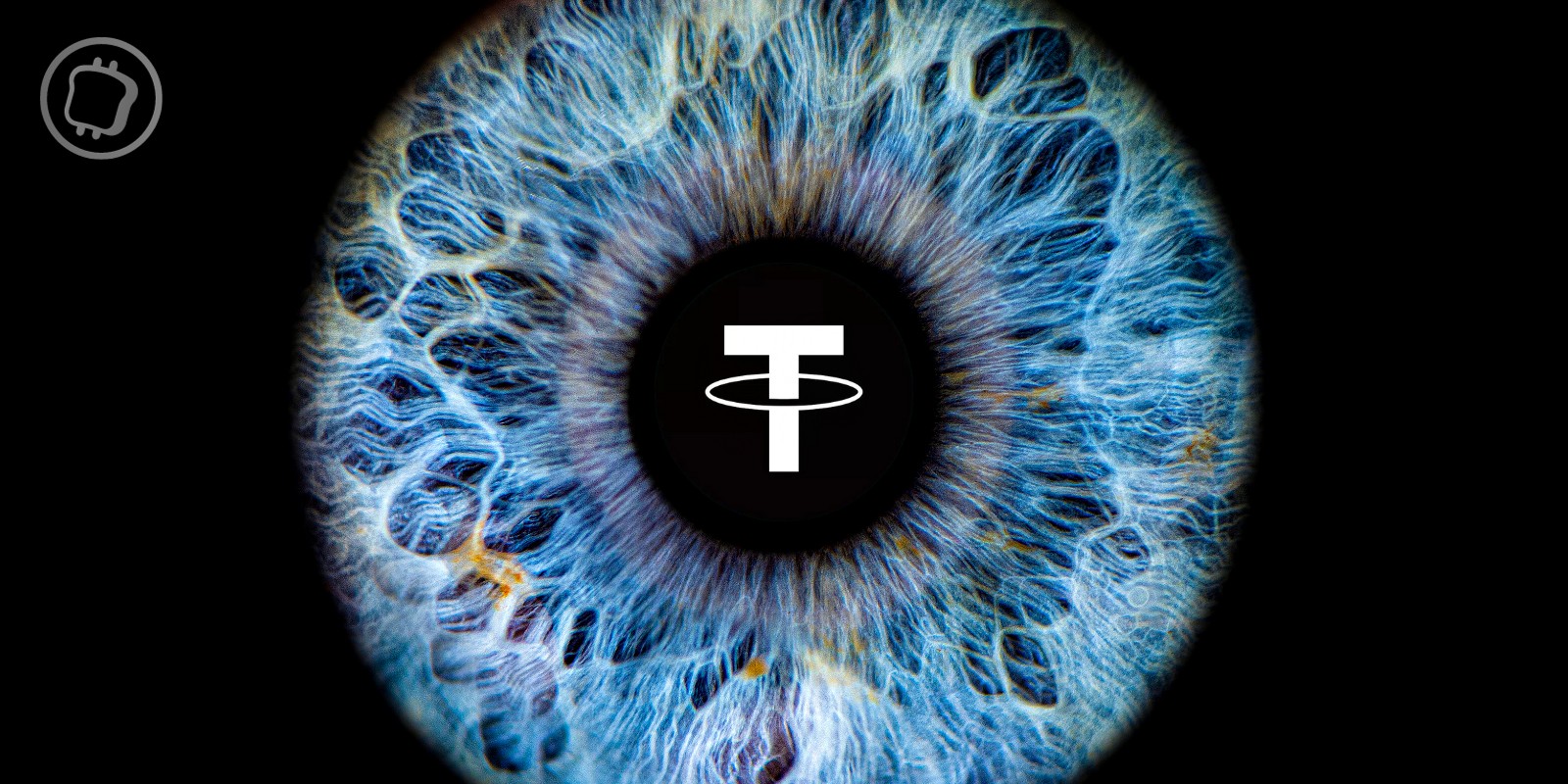Country Joe McDonald had to realize the following at some point: “Hippies have a hard time becoming musicians because they don’t accept a leader. I tried to be the leader of a hippie rock band, but that was a contradiction in terms.” Among the rock musicians of the classical era, probably no one experienced and suffered through this contradiction as violently as David Crosby. This is the reason for his triumphs and his defeats.
He was a key member of two bands that were both considered the American Beatles: the Byrds and Crosby, Stills, Nash (& Young). The former fired him because discipline and discretion were not among his strengths; in the latter, the part was one primus inter pares not intended at all, at least not for him, the former and oldest. But those memberships alone give him credit for co-inventing folk, country, and psychedelic rock. David Crosby was, in his hedonism and in his rebelliousness, the epitome of the hippie rocker as he rose to prominence in Topanga and Laurel Canyon near his hometown of Los Angeles as an entertainment industry icon, he was stardust, and he was “golden,” as his friend Joni Mitchell so confidently wrote in her song “Woodstock,” talented and endangered.









;Resize=(1200,627)&impolicy=perceptual&quality=medium&hash=7226c7eff1cb863f32f19c88f1d0b9d4dfd7a23c141d8e88f1a4cc6777aed3ce)







